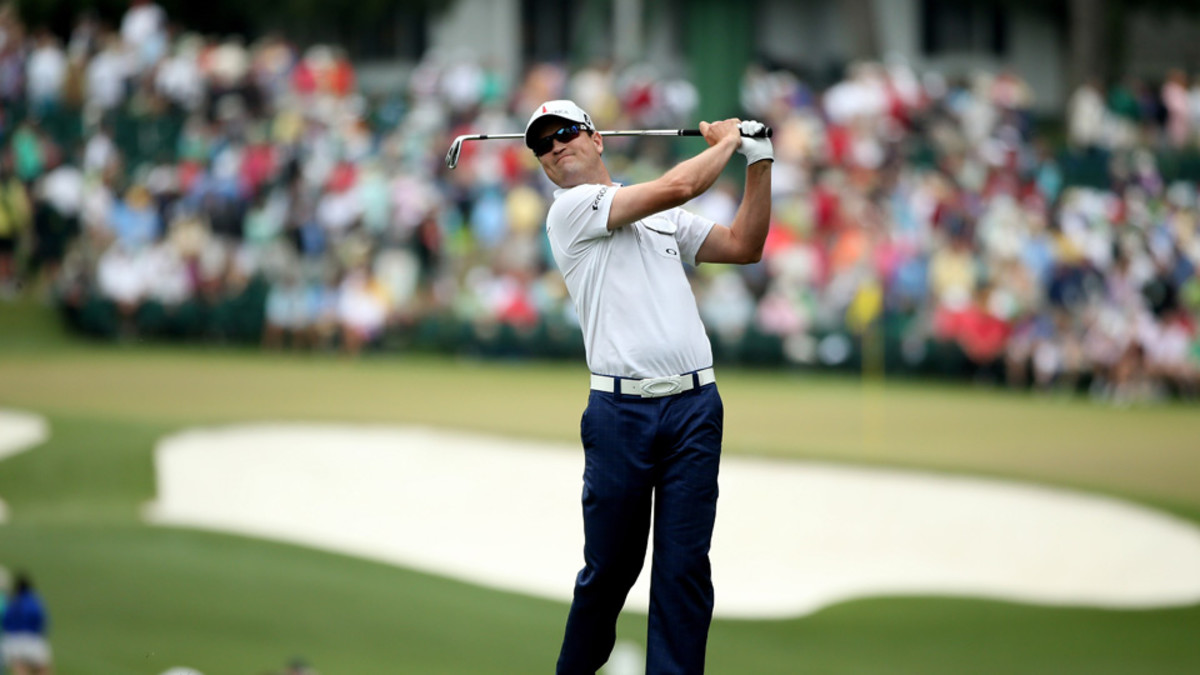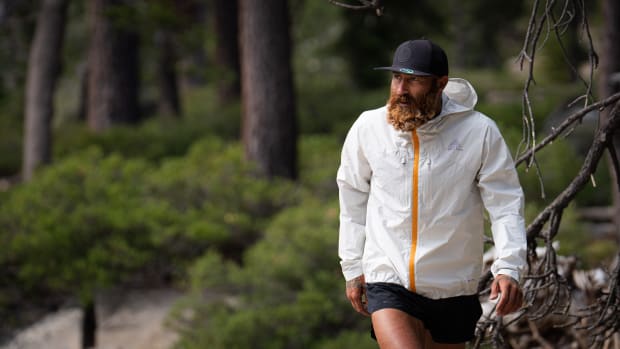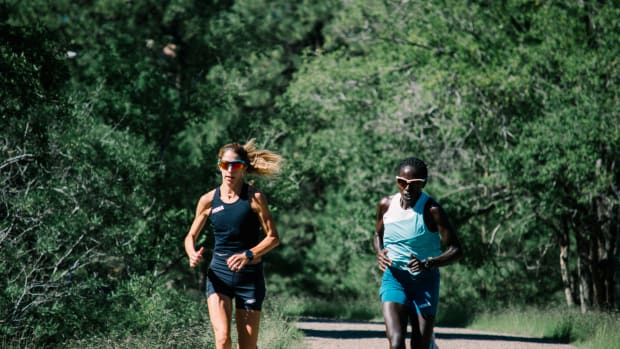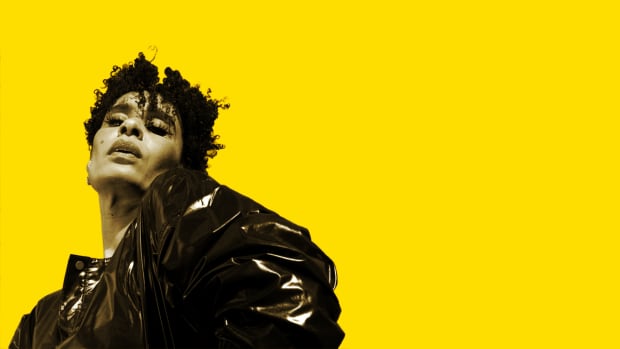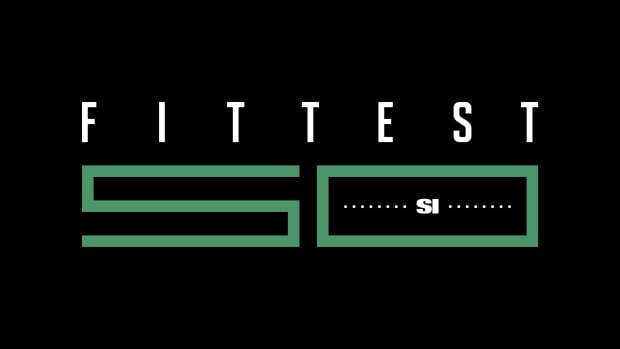Coaching the Masters: 10 Tips for Mastering the Moment
The Masters, which opens on Thursday morning—after the charming and always disarming prelude of today’s Par 3 Contest—may be all azaleas and birdsong to the millions watching on TV. But for the 91 pros and six amateurs who tee off on Thursday, the event is a crucible, the most exacting and pressure-packed weekend of their year. And on every swing and putt that each golfer makes on the beautiful and demanding Augusta National course no factor—not club choice, not stance, not speed or angle of swing; not backspin, sidespin, or even drag coefficient—will matter as much as what’s going on in his mind. Let the stress of a big-time tournament like the Masters detract from your focus, and you’re toast, says Dr. Morris (Mo) Pickens, the mental coach of U.S. pro Zach Johnson, the 2007 Masters champ. Johnson and Dr. Mo, along with American pro Harris English and Julie Elion, former sports psychologist for Phil Mickelson, share their top tips and tricks for handling the pressure of the world’s most-watched major. Note to weekend golfers: You can learn something here.
1. Make a plan
Developing a specific plan of play is the most important thing Johnson will do to manage his emotions before the Masters. “Sticking to my process is my number one goal,” he says. And his mental coach agrees: “A lot of golfers will prepare by just saying to themselves, ‘Play good, play good, play good,’” Dr. Mo says. “But what does ‘play good’ mean?” Instead, the sports psychologist encourages the pro golfers he works with to create a distinct playing strategy “to keep it from getting emotional.” Says Mo of Johnson’s past Master’s appearances, “Zach had a very specific plan for how he was going to attack the par 5s. He was going to lay it up with specific shorter clubs he knew he felt comfortable with to try to make 4s. He stuck with the plan, and it worked.”
2. Ignore the hype
To Johnson, the Augusta National is just another chance to go out and hit balls. “I try to treat The Masters like any other tournament, with each day like any other 18-hole round,” he says. “To add emphasis or importance to one week would be counterintuitive to the dealing with the pressure.” The same mindset works for English. “I’ve learned that I can’t put any event on a pedestal or make it more important,” he says. “Sure, there’ll be some different emotions and nerves because I’ve been thinking about this event for a long time, but I won’t try any harder or put more effort than I normally would.” Dr. Mo tells his players to approach the Masters by what it means physically, not what it represents emotionally. “Physically, they’re just going to go over there Thursday to play on this golf course called the Augusta National,” he says. “I want them to look at this like, ‘Hey, it’s just Thursday, April 10th. You have an invitation to play here just like any other event. It’s not the hyped-up media event everyone calls the Masters.’”
3. Visualize in advance
Whether you’re headed to the greens or the gridiron, visualizing each play before you go can help secure a win. “I talked to [former Dolphins’ quarterback] Dan Marino a few weeks ago, and he explained how he would play the entire game in his head for the next day,” says English, who’s currently ranked fourth in the FedEx Cup standings. “I’ll probably do some of that [during Masters] just to be very clear in what I’m trying to do from an execution standpoint.” Psychologist Elion also recommends visualization. “I have a lot of guys hitting shots in their heads when they’re asleep, thinking about where their puts are going to roll.” But she doesn’t just recommend visualizing shots—she also wants her players to imagine every aspect of Augusta National, as well. “I have my players walk through what it’s going to look like when they walk in the gate, when they drive up Magnolia Lane, who they’re going to see, so they’re ready for the shock factor,” she says.
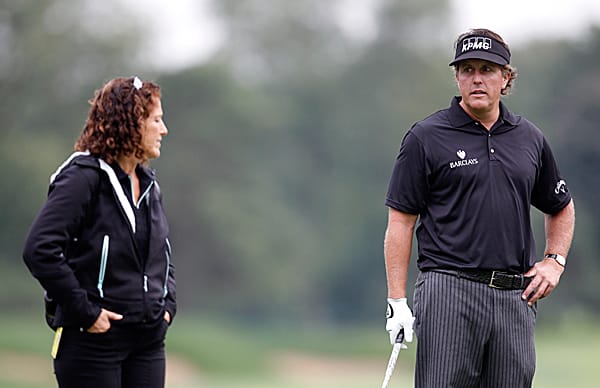
Phil Mickelson talks with sports psychologist Julie Elion before his tee shot at the PGA Tour's FedExCup BMW Championship in 2011.
Jeff Haynes/Reuters
4. Think positive
Remembering all the times you’ve birdied—not all the times you’ve triple bogeyed—can mean the difference between a champion and a chump. Johnson says he always thinks about one clutch shot he made when he was paired with Chad Johnson at his first Ryder Cup eight years ago. “It was an alternate-shot format, and we were playing against [pro golfers] Padraig Harrington and Paul McGinley,” he says. “We were down one with one to play, and I was faced with a second shot over the water on the par 5 18th hole—a kind of a do-or-die shot. I hit a great 3-wood safely, and we ended up halving the match.” The result? “That shot proved to me I could handle the heat and severe pressure and perform when it matters,” Johnson says. “That shot meant more to my career than any other shot I can think of.
5. Play every hole like it’s your first
Even the best golfers in the world can get off to a bad start, even at Masters. It’s how you handle a poor start that separates trophy-takers from runner-ups. “I tell my guys to play every hole like it’s their first—they haven’t done anything good yet, they haven’t done anything bad,” Mo says. According to the mental coach, the technique helps players bring less emotion to the hole, allowing them to focus more on their play. “It keeps them in a neutral mindset. They can’t be under par or over par; they can’t be happy or sad.” The trick also helps keep players from feeling overwhelmed. “I tell my guys to tell themselves, ‘All you have to do is play the first hole.’ And then these guys can handle it,” Mo says. “It’s like an alcoholic: You don’t have to be sober for the rest of your life, just be sober for today. Just don’t drink today.”
6. Make your practice strokes count
The Masters—or any championship game, for that matter—isn’t the time to dilly-dally with your practice strokes. “Most amateurs, when they take practice strokes, they don’t pay attention. They just go through the motions,” Mo says. And that’s a bad habit that can quickly inhibit a good shot. “When players don’t know what they’re doing on their practice shots, but then it’s time for their real shot, that’s when they try—they emotionally try to get it right. They get real ball-conscious, and they usually over swing.” Instead, Mo says, reverse the habit. “Put your energy into your practice strokes so that when you go for the real stroke or put, you can just do what you did in practice.” This, says Mo, is known as “letting the ball get in the way.” “That’s what we call it,” he says. “The pros don’t make that mistake as often, but they’ll make it now and then.”

Harris English plays a practice round for the upcoming Masters Tournament at Augusta National Golf Club on April 8, 2014.
AFP/Getty Images
7. Learn from your mistakes
What if you play your worst round ever or see your ball sail into the water at the Masters? “I’ve realized I have to worry about what I can control and slow down in those moments,” English says of getting through bad moments. He says he learned this lesson when he played with Rory McIlroy at the Honda Classic in 2012. “I got off to a bad start and things started happening very quickly,” English recalls. “I was trying not to get in Rory’s way, and it was a bad day all around, but one that was necessary for me to grow as a player. I’ve learned from it and had more success in those spots since then.”
8. Go to your bad place before game day
No pro golfer wants to wait until the 15th hole to let deep-seated, ugly emotions surface. “What do you think about when you’re falling asleep, what are your deepest darkest thoughts? I want to get those out before the Masters,” says Elion. Phil Mickelson’s former mental coach warns players that if they don’t address their pre-tournament fears, those emotions can sneak up and wreak havoc at the worst times. “Under pressure, we tend to go to our lowest denominator, so we want to deal with those darker thoughts before they come out.” Elion encourages her players to identify their fears and talk about them before tournament time. “If a player three-putts the first hole, we don’t want him to start beating himself up. We want to prepare mentally for that negativity beforehand. It’s about being mentally resilient,” she says.
9. Take hard practice swings before you tee off
Imagine being at the Masters: Walking onto the course, warming up, taking practice strokes, finally being called to the tee. By the time you get there, “there’s a lot of energy built up, a lot of nervousness,” says Mo. To help take that edge off, he tells his players to practice hard, fast swings moments before they tee off. “The ball’s already teed-up, so when the guys actually make the real swing, they’ll have used up some of that energy and adrenaline. That way, on the first swing, they don’t hit it way out of line,” he says. Want to try it before your next high-stakes game? The sports psychologist says take a few hard, fast swings seconds before your shot. “The closer we can do it to the real shot, the more we lessen the chance nervous energy will build back up.”
10. Stay casual, stay confident
When Mo’s pros are playing at Augusta, he wants them never to forget two words. “I always want them to walk around the golf course casual and confident,” says the sports psychologist. “Causal means, ‘I’m never in a rush,’ and confident means, ‘I know what I’m doing, even if I don’t know what I’m doing.’” The sports psychologist tells his pro players to remember the “casual-confident” motto especially when they’re walking up to a shot. “That’s a critical time, when you’re walking into the ball to play a shot. Walk in too fast, and it can transition to your swing and your swing’s too fast.” Instead, Mo recommends walking to the shot as if you’re holding the hand of a 3-year-old. “You want to walk them into the ball, not drag them like they can’t keep up. That’s the rhythm and pace you want,” he says.
